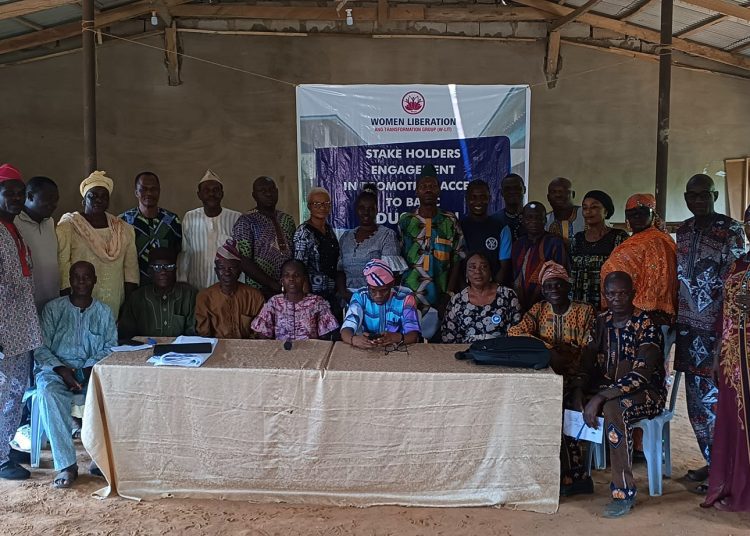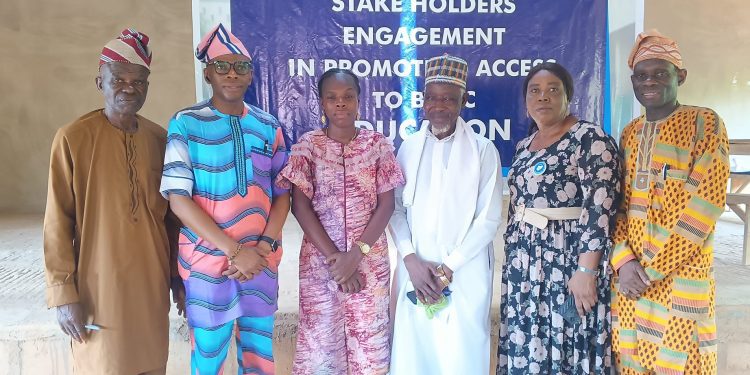Women Liberation and Transformation Group (WLIT) has lamented the increased rate of out-of-school children in Orisumbare Community, Ayobo in Alimosho Local Government Area of Lagos, which has made the children vulnerable to different form of abuse including child labour and molestation.
WLIT during a Stakeholders Engagement in Promoting Access to Basic Education identified the high cost of transportation and far distance to school as a major factor leading to the increase in the number of out-of-school children in the community.
In her remarks, the Executive Director of WLIT, Olanike Kuforiji Mic-Taiwo, explained that the stakeholders’ engagement aims to “address the lack of access to basic education in the community, sensitize community leaders on the increasing number of out-of-school children, the high-risk of child molestation.
“To promote collaboration between community leaders, government, and private organizations/ individuals, and to increase access to equitable and inclusive primary education by building a standard primary school in the community.”
Mic-Taiwo, who noted that WLIT has identified many out-of-school children and has re-enrolled some of them back to school, complained that “some still remain out of school because of the cost of transportation or they have to travel long distances before accessing basic education.”
She noted that urgent action needs to be taken to address this gap and improve the access of children within the community to quality basic education.
Bar Ayo Adebusoye, the Chairman, Board of Trustees of the Lagos State Civil Society Participation for Development (LACSOP), shared that the community does not have any presence with regards to basic education and the schools are far away.
“This community needs to have a school to meet the needs of the children therein,” Adebusoye added.
He commended WLIT for leading the initiative and charged the government to take actions to address this challenge.
Mrs Stella Francis from the Civil Society Action Coalition on Education for All (CSACEFA) Lagos said “for a community not to have schools, it means a good number of children within the community will not have access to basic education, which is a right for every child.”
The stakeholders thereafter recommended establishing collaborative efforts with the Lagos State Government in achieving Sustainable Development Goal 4 on Quality Education so that children within the Community can have access to inclusive and quality basic education by September 2024.
The meeting had in attendance eight CDA leaders from Orisumbare Community, Bada Balogun Community, Lala, and Koloba Community in Ayobo/Ipaja LCDA


